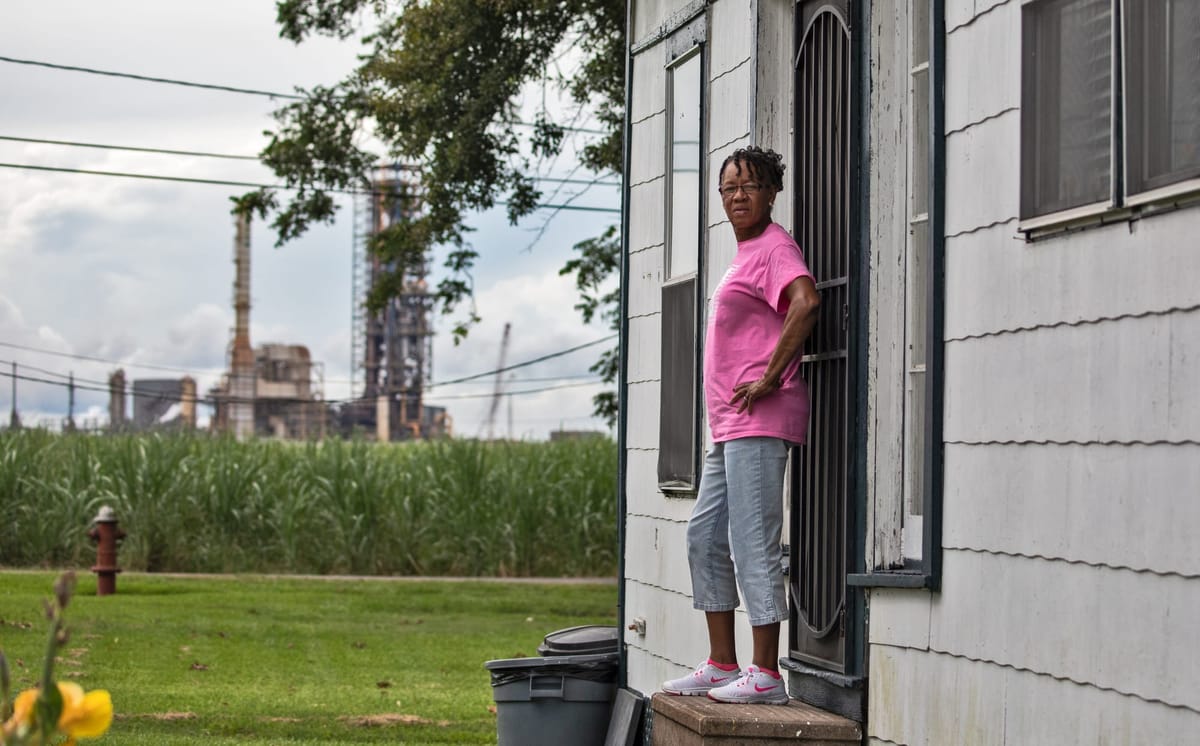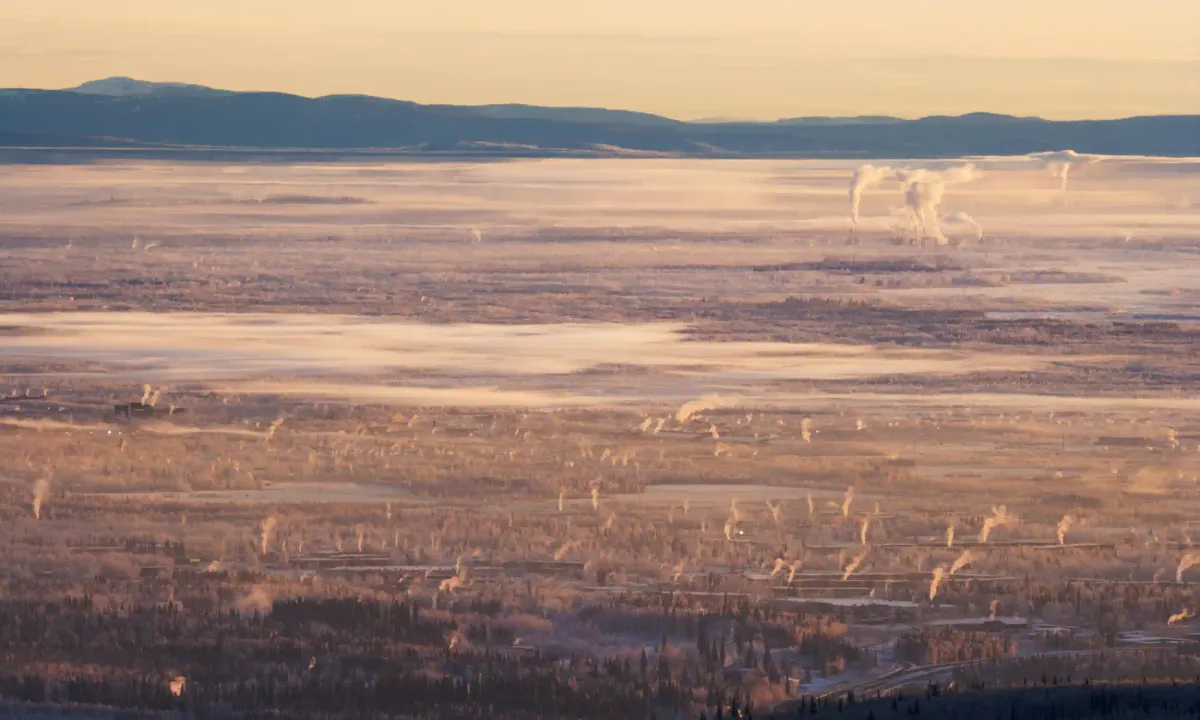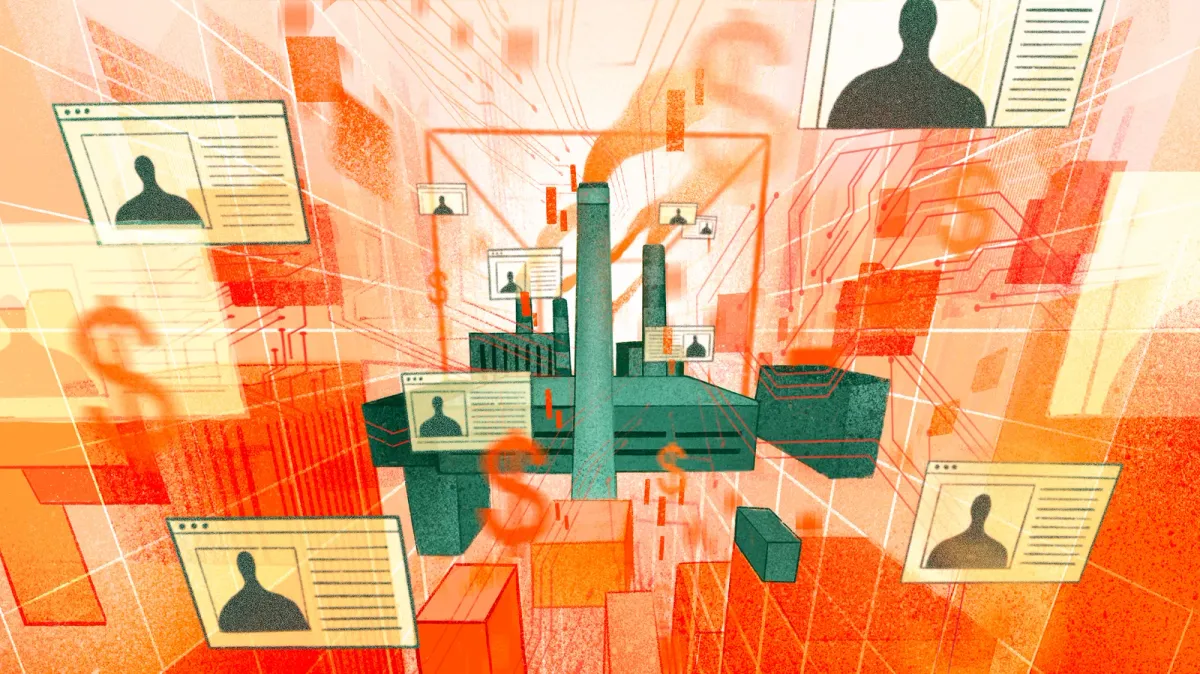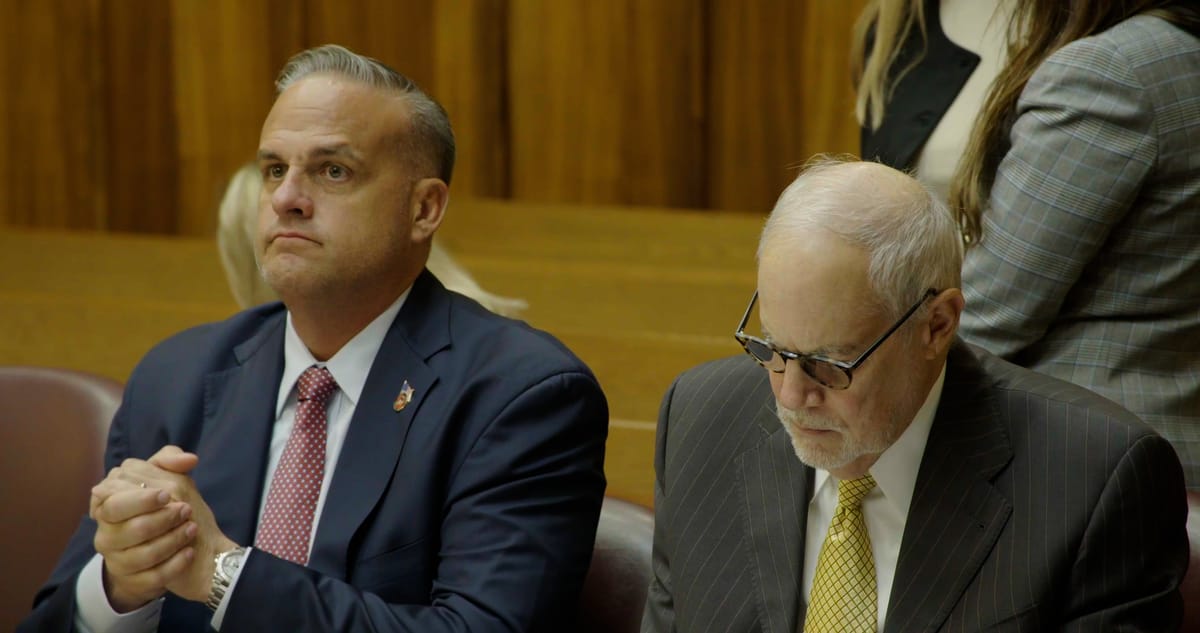Impact
Floodlight’s model has shown how journalism can hold the powerful to account and expose the harms of climate change on vulnerable communities. Many of our stories have spurred regulatory and corporate change around the country.
In 2024, we revealed a secret network blocking renewable power, tracked how campaign cash is slowing the energy transition and reported from fenceline communities fighting against pollution.

Floodlight's authoritative reporting has been cited by numerous local and national outlets, including CNN, The Hill, Washington Post, NPR and Politico. Experts and advocates have used our deep-dive investigations to call for greater corporate accountability in the utility industry and more public transparency when it comes to the dangers of gas export terminals.
In one of our very first stories, published in March 2021 in collaboration with Alaska Public Media, Floodlight revealed serious flaws in how wood-burning stoves are certified for safety — finding that some newer stoves emitted as much pollution as much older models. In 2024, a Northeast state air regulator credited the story with helping build the pressure that led the EPA to allocate $8.8 million in Inflation Reduction Act funds to improve emissions testing and screen out the most polluting wood heaters.

In Los Angeles, port authorities decided to start charging natural gas trucks pollution fees, following our reporting with the Los Angeles Times.

Our reporting with NPR about how power company consultants swayed elections, spied on journalists and bought media coverage was followed by the departure of two CEOs. The stories were seen nationwide by millions. They were reposted by more than 2,000 outlets, including 80 in the target states of Alabama and Florida. Citing reporting by Floodlight and others, NextEra shareholders filed suit, claiming the company had not been forthcoming about its role in the so-called ghost candidate scandal. At the sentencing of former Florida state Sen. Frank Artiles, a Democratic incumbent defeated by a ghost candidate told the judge this: “Were it not for intrepid reporting, by a number of folks, including Floodlight and others, we would never have known that Florida Power and Light was ultimately a source of this money.”




In October 2024, we reported in collaboration with the North Dakota News Cooperative that residents of Morton County, N.D., were receiving unsolicited copies of the Central ND News ahead of Energy Transfer's trial against Greenpeace over Dakota Access Pipeline protests. Our investigation revealed publication was backed by fossil fuel interests — likely seeking to sway public opinion. Greenpeace later cited our reporting in legal motions to uncover the paper’s financing and to move the trial out of Morton County, arguing that the coverage was prejudicial. The jury came back with a verdict of $660 million — more than double the requested damages to Energy Transfer.

Annual Reports
Awards
- A-Mark Prize for Reporting on Misinformation and Disinformation, 2024 Los Angeles Press Club / Southern California Journalism Awards
- Honorable Mention, 2024 Thomas L. Stokes Award for Best Energy and Environment Writing from the National Press Foundation.
- Winner, 2024 INN Service to Nonprofit News Award
- Second Place, 2024 National Headliner Awards
- Winner, 2024 Phillip D. Reed Environmental Writing Award
- Finalist, 2023 Goldsmith Award in Investigative Reporting at Harvard
- A-Mark Prize for Reporting on Misinformation and Disinformation, 2023 Los Angeles Press Club / Southern California Journalism Awards
- Finalist, 2022 Great Plains Journalism Awards
- Honorable mention, 2022 Esserman-Knight Journalism Awards
- Second place, investigative reporting, 2021 Virginia Associated Press Broadcasters (along with VPM)
Floodlight in the News
- 06/02/2025, Battling a Climate Change Backlash, Nieman Reports (The Climate News Task Force mentioned in the story is co-directed by Floodlight Executive Director Emily Holden.)
- 05/06/2025, Climate collaboration: The Climate News Task Force brings 12 newsrooms together on climate journalism, Editor & Publisher
- 04/26/2025, 'Fueling Knowledge' podcast explores how oil money funds universities, NPR’s All Things Considered
- 04/16/2025, Video: The failed promise of industry jobs in polluted communities, The YEARS Project
- 03/17/2025, A pipeline company is suing Greenpeace for $300 million. A pay-to-play newspaper is accused of tainting the jury pool, Nieman Lab
- 01/28/2025, More than $6 Million in Support of Climate Journalism, MacArthur Foundation
- 05/13/2024, How NPR and Floodlight teamed up to uncover fossil fuel “news mirages” across the country, NiemanLab
- 05/08/24, Emily Holden on collaborative, investigative journalism, On Leading Podcast
- 02/12/2024, Your First Byline with Emily Holden, Your First Byline
- 10/26/2023, Carbon Capture Deep Dive with Pam Radtke, Society of Environmental Journalists panel
- 09/20/2023, Democracy coverage is falling disastrously short, Press Watch
- 03/08/2023, How they did it: Floodlight and NPR link two U.S. power companies to news sites paid to attack their critics, Editor & Publisher
- 12/22/2022, How journalists uncovered power companies' ploy to buy the press, Heated
- 07/27/2022, We Asked Journalists to Share What It’s Like Working with Other Newsrooms. Here’s What They Told Us, Nieman Foundation
- 09/15/2021, Get to know Emily Holden, founder of Floodlight, Muck Rack
- 06/09/2021, Interview with Emily Holden, Oxford Review of Books
- 03/01/2021, Breaking the climate news bubble, Heated
- 02/28/2021, Why Floodlight thinks climate journalism needs something new, Floodlight








